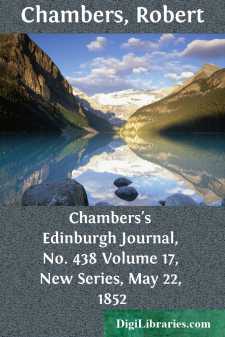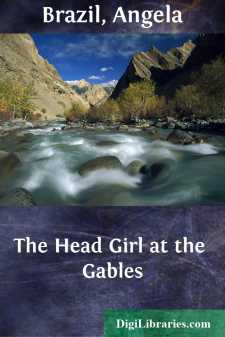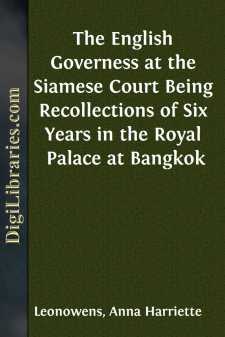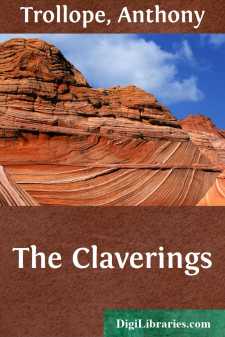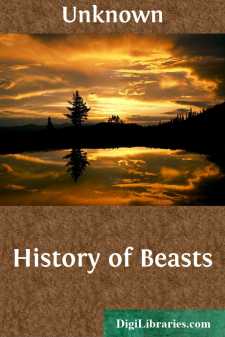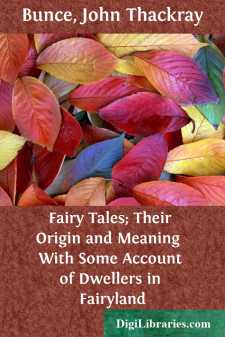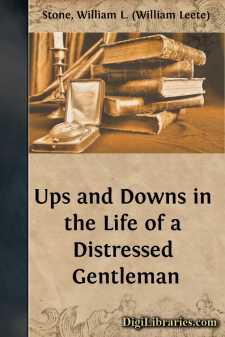Fiction
- Action & Adventure 180
- Biographical 15
- Christian 59
- Classics
- Coming of Age 5
- Contemporary Women 3
- Erotica 8
- Espionage/Intrigue 12
- Fairy Tales, Folklore & Mythology 236
- Family Life 169
- Fantasy 117
- Gay 1
- General 596
- Ghost 32
- Historical 808
- Horror 43
- Humorous 160
- Jewish 25
- Legal 4
- Medical 22
- Mystery & Detective 315
- Political 49
- Psychological 41
- Religious 64
- Romance 159
- Sagas 11
- Science Fiction 730
- Sea Stories 113
- Short Stories (single author) 537
- Sports 10
- Suspense 1
- Technological 8
- Thrillers 2
- Urban Life 31
- Visionary & Metaphysical 1
- War & Military 173
- Westerns 199
Classics Books
Sort by:
by:
Robert Chambers
PHILOSOPHY OF LAUGHTER. From the time of King Solomon downwards, laughter has been the subject of pretty general abuse. Even the laughers themselves sometimes vituperate the cachinnation they indulge in, and many of them——'laugh in such a sort,As if they mocked themselves, and scorned the spiritThat could be moved to laugh at anything.' The general notion is, that laughter is childish,...
more...
by:
Angela Brazil
CHAPTER I A Momentous Decision It was exactly ten days before the opening of the autumn term at The Gables. The September sunshine, flooding through the window of the Principal's study, lighted up the bowl of carnations upon the writing-table, and, flashed back from the Chippendale mirror on the wall, caught the book-case with the morocco-bound editions of the poets, showed up the etching of...
more...
PREFACE. His Majesty, Somdetch P'hra Paramendr Maha Mongkut, the Supreme King of Siam, having sent to Singapore for an English lady to undertake the education of his children, my friends pointed to me. At first it was with much reluctance that I consented to entertain the project; but, strange as it may seem, the more I reflected upon it the more feasible it appeared, until at length I began to...
more...
by:
Arthur D. Hall
THE ABORIGINES OF PORTO RICO. Porto Rico, or Puerto Rico, as it is sometimes called, has lately become of the first importance in the eyes of the world. To Americans it has assumed special interest, as it is now practically in the possession of the United States, and sooner or later will be represented by a new star in our beautiful flag, that flag which recently, by the magnificent exploits of our...
more...
by:
Anthony Trollope
Chapter I Julia Brabazon The gardens of Clavering Park were removed some three hundred yards from the large, square, sombre-looking stone mansion which was the country-house of Sir Hugh Clavering, the eleventh baronet of that name; and in these gardens, which had but little of beauty to recommend them, I will introduce my readers to two of the personages with whom I wish to make them acquainted in the...
more...
by:
Unknown
cat is a very useful do animal. She destroys s and mice, which otherwise would do much injury. God has formed her to live among men. How soft her fur is! How quietly she lies and purs when she is treated kindly! How patiently she will sit, for many hours together, and watch for her prey! It would be well if little boys and girls would sit as still while they are learning their lessons. THE DOG. The Dog...
more...
CHAPTER I. ORIGIN OF FAIRY STORIES. We are going into Fairy Land for a little while, to see what we can find there to amuse and instruct us this Christmas time. Does anybody know the way? There are no maps or guidebooks, and the places we meet with in our workaday world do not seem like the homes of the Fairies. Yet we have only to put on our Wishing Caps, and we can get into Fairy Land in a moment....
more...
EASTERN SHAME GIRL When there is a great peace Under the gold cup of the sun Joy reaches its flowering. In the twentieth year of the period Wan-li, there came, among the thousands of students who gathered at Peking for the examinations, a certain Li, whose first name was Chia and his surname Ch'ien-hsi, or "Purified-a-thousand times." His family were from Shao-hsing fu in Chekiang; his...
more...
INTRODUCTION. The best parallel to the conduct of the silly ostrich, that thrusts her head into a thicket, or the sand, and fancies she is thereby hidden from view, occurred some years since in the village of Catskill. A printer, who was neither an observer of the Sabbath, nor a member of the Temperance Society, went to a grocery one Sunday morning for a bottle of gin. On coming out of the dram-shop,...
more...
CHAPTER ITHE SHERIFF RIDES TO WAR MANY men swore that The Orphan was bad, and many swore profanely and with wonderful command of epithets because he was bad, but for obvious reasons that was as far as the majority went to show their displeasure. Those of the minority who had gone farther and who had shown their hatred by rash actions only proved their foolishness; for they had indeed gone far and would...
more...


